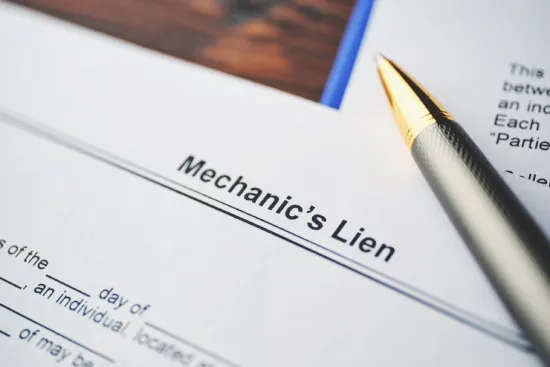Sell A Home
Congratulations, you’ve made the decision to sell your home! This guide will go through 61 things that will help in getting your home sold. It will also provide valuable insights into how prospective buyers and their agents view your home.
It takes a significant amount of time and knowledge of the industry to effectively market and negotiate the sale of a property, but I am going to share some of my expertise with you in this report. Let me assure you that what you learn in this guide will help get it done! My marketing services are proven and time-tested.
You will likely have additional questions as you move forward, so I have provided information about the process that you might find useful. Remember, I am only a call, email, or text away, if you have a specific question. Please feel free to contact me anytime.
ARTICLES FOR For Sale By Owner

What Is An Appraisal?
Property appraisal is the process of evaluating a property to determine its fair price in the current market. It’s performed by third-party professionals called appraisers.

What Is A Flip Tax / Transfer Fee
A flip tax is a transfer fee (usually between 1% and 3%) that co-op sellers have to pay when selling their apartments.

Liens On Properties: What Do Buyers And Sellers Need To Know About It?
A property in NYC can have several different types of liens, and until these liens are paid off or settled, it will be very difficult for the property owner to sell that property.

What Do You Need To Know About Permits Before Renovating Your NYC Apartment?
Depending on the renovation you are planning, you may need to secure a permit before you can hire a contractor to perform the necessary work.

What Is An Exclusive Listing?
An exclusive listing in NYC is when only one broker has the exclusive rights to list and market a property. This gives them the surety of earning the commission.

How To Sell Your NYC Townhouse
Differences From Selling Co-op/Condo Selling a townhouse can be different from selling a co-op or condo apartment. Some of these










